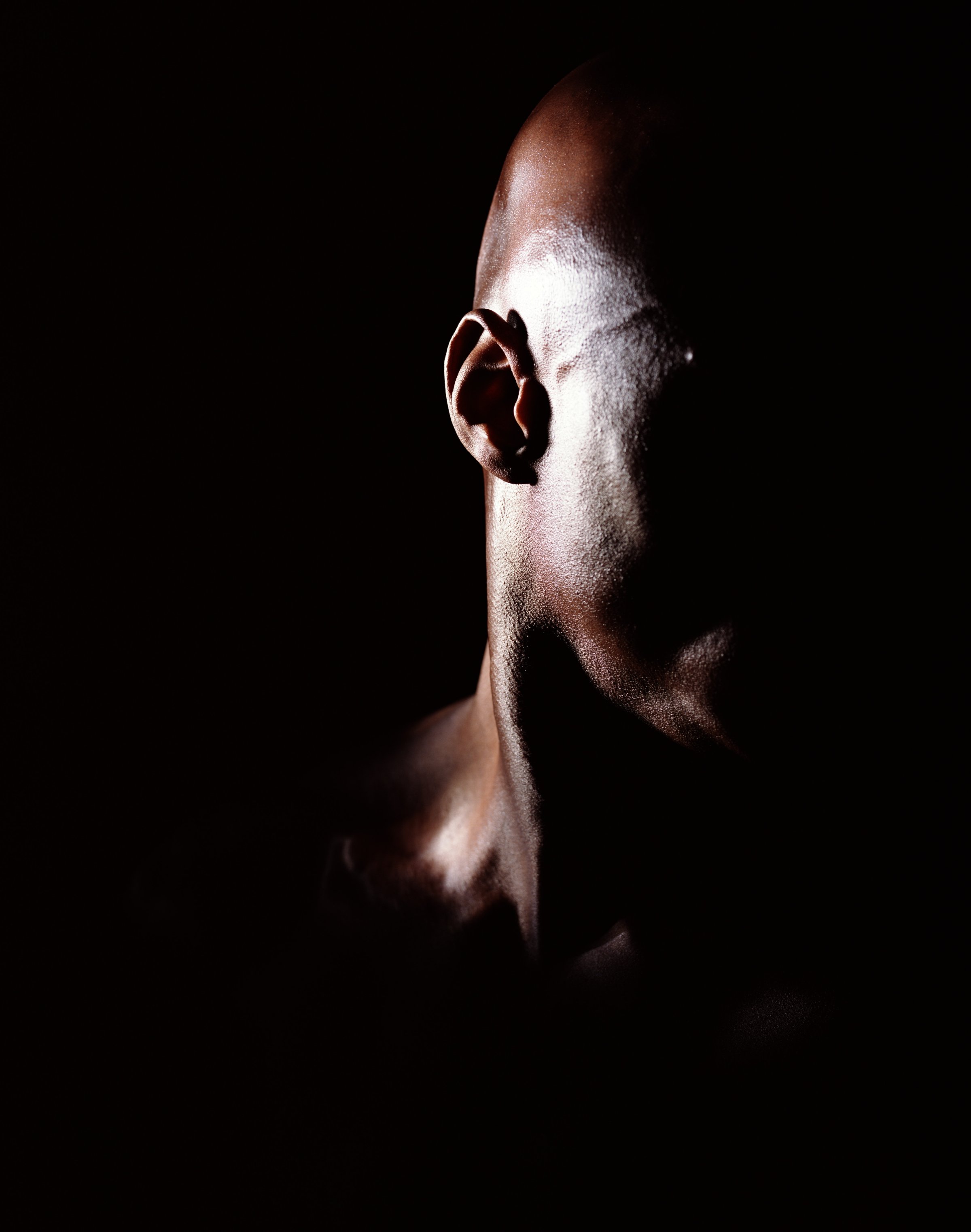
Almost every picture of my grandmother looks sad.
When I was a child, I flipped through old black and white photos of my mother as a baby, then as a young girl and teenager. My comments were always the same, “Grandma looks sad.” My mother replied, “She was sad. She missed my father.” I knew that my grandfather died when my mother was just 18 months old, but I couldn’t understand why seven, ten and fifteen years later, my grandmother still had sadness in her eyes.
When I was growing up, no one in my family used the word “depression.” No one used the term “mental illness.” They called it grief.
They called it grief when melancholy took up residence in my grandmother’s face. They called it grief when my great-grandfather asked his children to help him hang the noose that would end his life. They called it grief when my grandfather smoked and drank to ease the pain of losing his friends in battle. My family knew mental illness, but they treated it like it was a normal part of life.
Because it was.
If you survived slavery like the old preacher who raised my grandmother and her siblings, is emotional balance a possibility? When your fingers are bleeding from picking cotton and cutting tobacco, do you think you should stop and take a deep breath before moving on to the next task? If you managed to get out of the Jim Crow South to find newer, subtler forms of racism in the north, do you think about preserving your sanity? If your oldest child looks for food in the city’s trash cans, won’t you always regret leaving the countryside where there seemed to only be dead ends?
Without acknowledgement or language or privilege to name trauma and depression as such, my family members diagnosed and treated themselves. Some members of my family turned to alcohol, drugs and internal self-hatred, leaving my generation to grapple with complicated feelings about love and family.
But most people in my family burrowed into their faith. They sang spirituals, taught Bible study, prayed on their knees, holy-danced out their pain and called on God. They wove the stories of their ancestors with an unrelenting belief that that life wins out over death. And they never judged their relatives who couldn’t hold on as tightly.
I understand that survival was paramount and mental strength was a luxury. I believe that my family’s story is the story of millions of other African Americans for whom slavery, sharecropping, war, migration and poverty are the building blocks of their lives.
When I use the words “depression” and “bipolar” now, I do so without shame. I do not blame my family for my brain chemistry or early experiences of violence because I know that it’s more complicated that the failings of one or two people. I use the gifts of faith and tenacity that they gave me. When I have dark and lonely nights and cannot sleep or find worth or love around me, I hum the songs my grandmothers sang. I believe that God is somehow with me.
Read more: John Green on Mental Illness: ‘There Is Hope’
I also use the opportunities that my ancestors did not have. I make therapy, self-care, medication and personal well-being part of my daily lexicon. I surround myself with people who check in to see if I really am okay. I remind others that the ability to get up, go to work and feed the children may reflect a desperate necessity more than a healthy rhythm of life.
I wrote my book, “Bipolar Faith: A Black Woman’s Journey with Depression and Faith,” knowing that the more that I and other African American women and men share about our pains, our families and our strivings for mental wellness, the better chance we have of changing the stories our children tell. I hope that our children will have the language, the tools and the resources to produce a photo album that shows diverse gleams in the eyes: signs of joy, sadness, anger and peace. Because that’s what normal is to them.
Monica A. Coleman, MDiv, PhD, is Professor of Constructive Theology and African American Religions at Claremont School of Theology in Claremont, CA.
More Must-Reads from TIME
- How Canada Fell Out of Love With Trudeau
- Trump Is Treating the Globe Like a Monopoly Board
- Bad Bunny On Heartbreak and New Album
- See Photos of Devastating Palisades Fire in California
- 10 Boundaries Therapists Want You to Set in the New Year
- The Motivational Trick That Makes You Exercise Harder
- Nicole Kidman Is a Pure Pleasure to Watch in Babygirl
- Column: Jimmy Carter’s Global Legacy Was Moral Clarity
Contact us at letters@time.com